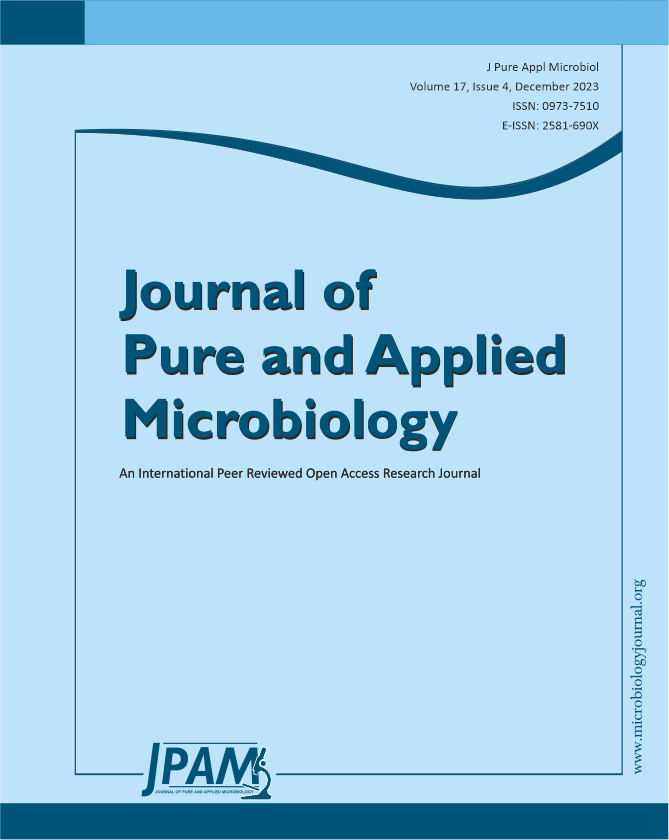Plant Growth Promoting Rhizobacteria (PGPR) play an essential role in enhancing plant growth, health and yield. In this study, we describe the isolation of PGPR associated with the olive tree (Olea europaea L.) grown in three Moroccan regions of Zouala, Errachidia, and Essaouira. In these regions, we isolated 95 PGPRs from rhizosphere of Olive trees, 78% of them were characterized by their tolerance to a salinity of 4-11%. We also found that 39% of these PGPRs were phosphate solubilizing bacteria (PSB) with a solubilization ability greater than 100 µg/mL. In fact, Pantoea agglomerans (MRC_ZO_17) and Enterobacter ludwigii (MRC_ZO_97), showed the highest phosphate solubilization rates of ~450 µg/mL and ~196 µg/mL, respectively. In addition to their ability to solubilize phosphate, various isolates had the ability to produce Indole-3-acetic acid (IAA). For instance, E. ludwigii (MRC_ZO_97) had an IAA production of ~60.48 g/mL. In the region of Zouala, characterized by relatively higher salinity and lower rate of organic matter, Firmicutes isolates account for 87% of the isolated rhizobacteria. Interestingly, we found that the olive tree-associated PGPRs vary significantly between the three sampled regions. Several rhizobacteria isolated in this study are excellent candidates for formulation as bioinocula for plants in saline soils.
PGPR, Rhizosphere Soil, Diversity, Olive, Phosphate Solubilization, Abiotic Stress
© The Author(s) 2023. Open Access. This article is distributed under the terms of the Creative Commons Attribution 4.0 International License which permits unrestricted use, sharing, distribution, and reproduction in any medium, provided you give appropriate credit to the original author(s) and the source, provide a link to the Creative Commons license, and indicate if changes were made.


